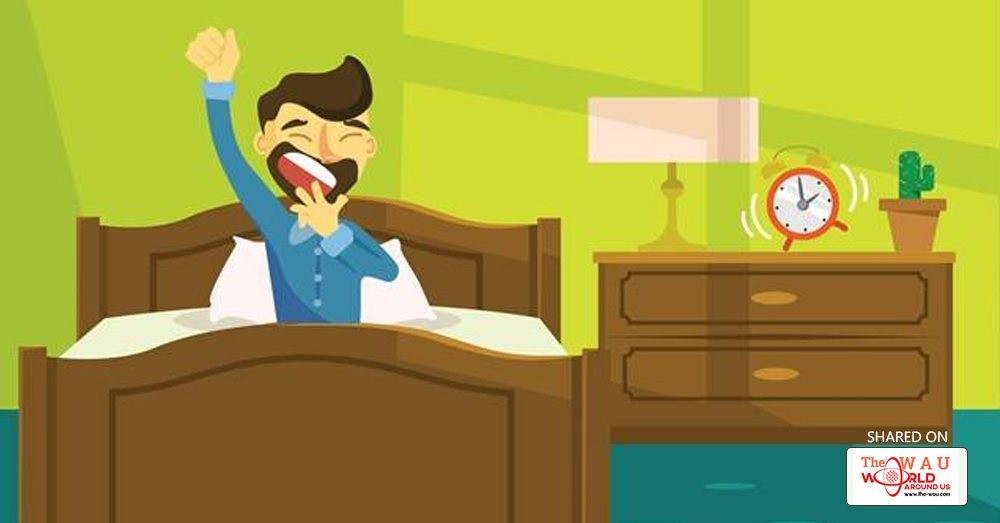Can you name one habit that is common amongst Tim Cook, Richard Branson, Indira Nooyi, Jack Dorsey and Howard Schultz? We all know that they are visionary leaders of some of the most influential corporates in the history of human civilization. But the habit they all have in common is -they are all early risers.
In fact, Apple CEO Tim Cook is known to start his day as early as 4:30 in the morning. We have documented the benefits of being an early riser before, and it is the one habit change that will give you an edge over your competition. So, if you are someone struggling to become an early riser, then here is how to do it.
Understand Sleep inertia
The first step towards finding a solution to any problem is figuring out the root cause of the problem itself. If you experience severe difficulty in waking up early, try observing how your body and mind responding, when trying to get up early. If you constantly feel tired in the morning, one reason is a condition called sleep inertia.
Sleep inertia is a physiological state of impaired cognitive and sensory-motor performance that is present immediately after awakening. It persists during the transition from sleep to wakefulness, where an individual will experience feelings of drowsiness, disorientation and a decline in motor dexterity.
Some of the ways to overcome sleep inertia include eliminating caffeine in the evening, reducing exposure to blue light at night, and most importantly waking up in the REM cycle of sleep. You can use many sleep tracking apps to gently wake your app when you are in the REM phase of sleep.
Your bed is only for sleeping
Most of us are guilty of doing all sorts of activities, from working to watching Netflix, on the bed. However, the best practice to is to make sure you use your bed for sleep and rest. This way, your brain will get the cue that it's time for sleep once you hit the bed. So, make sure the only things on your bed are mattress, pillows, and sheets. That means no laptops, no tablets and certainly no smartphones.
Do something you love immediately after waking up
If you are someone who enjoys gaming throughout the night into early morning, then here is a simple hack. Instead of staying up late gaming, make a rule to game the first thing after you wake up. This means, when the alarm goes off in the morning, you have an exciting reason to get out of the bed. However, make sure to spend more than 30 minutes gaming.
Similarly, if you love watching sitcoms, then watch an episode immediately after waking up. By doing something you enjoy, pleasure hormone dopamine is released and your brain is tricked into treating waking up as a pleasurable activity.
Drink lot of water before you sleep
One reason for poor quality of sleep is dehydration. Make sure you drink enough water before going to bed. Getting properly hydrated before sleeping will balance your hormones, energy level, and joints. As a result, you will feel relaxed and rejuvenated in the morning. Additionally, while you sleep, water has enough time to reach every part of your body as well.
Keep your alarm far away
The biggest mistake we all make is keeping our alarm, mostly smartphone, on the bed. This essentially makes snoozing very easy. If you get another 15 minutes of sleep by snoozing, it will do more harm than good. You will enter a new sleep cycle as a result, and when the alarm goes off again you wake up breaking the sleep cycle causing sleep inertia.
The best practice is to keep your alarm, a dedicated device or your phone, away from the bed, so that you have to get out of the bed to turn it off.
Share This Post















